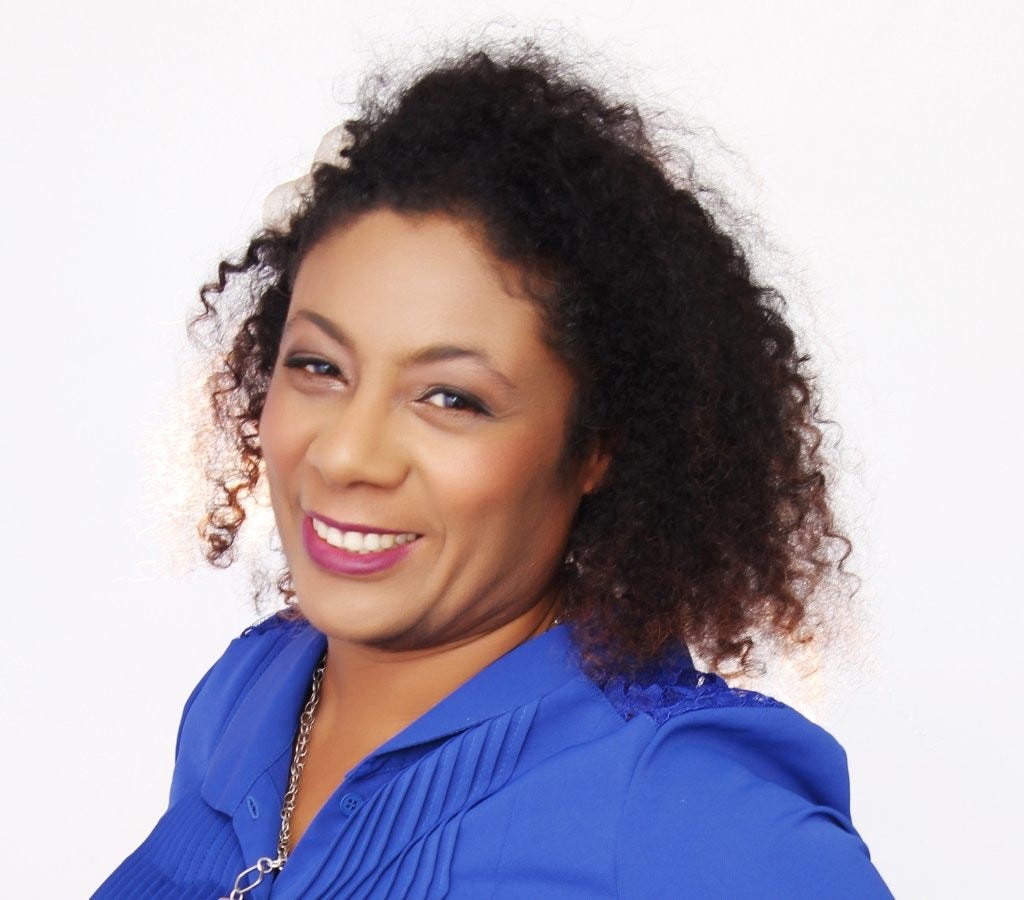Patrice Lawrence: 'If I read "caramel skin and swishy hair" again I’m going to scream'
The author on her Indian heritage, writing mixed characters and the fluidity of identity
Hi, welcome back to Mixed Messages! This week, I’m speaking to author Patrice Lawrence, who is of mixed Guyanese, African and Indian heritage. Patrice spoke so openly about what it feels like to not be connected to your heritage cultures, as well as explaining the wealth of history behind her mix. Read the edited version of our conversation below, knowi…


